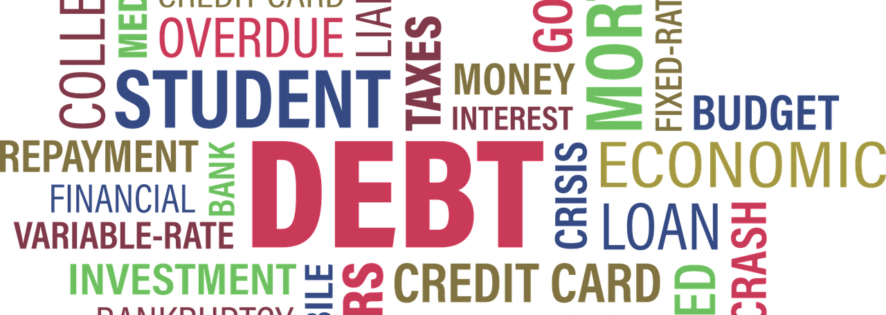Have you ever heard the financial advice phrase "use other people's money"? If you have done just a little research into the financial world you have probably heard the phrase before. Or you might have heard it stated as leverage. It is basically the idea of using money that is not yours to provide greater financial gain. Sounds great right? Well, there is a flip side to this coin. Using other people's money comes at a cost. Most people will not give you free money (If you know someone that does please give me their number so that I can get some as well. I promise to share). With financial risk, you only have the potential to lose what you paid for it. The risk flips upside down though when you borrow (other people's money). Let me explain.
When money is borrowed it typically comes with a repayment schedule plus interest. You then use the borrowed money to purchase something with plans to sell it later for a profit. The most common examples of this are for stocks and real estate. Nobody plans to lose money when purchasing these items. Yet money is lost all the time to these purchases. There are many reasons why but we are just going to discuss a couple.
First, answer this question. You purchase a $200,000 home with a 4% interest for 30 years and 5 years later you sell it for $230,000. What is your cost? What is your gain? The answer is a cost of $38,184.86 and a loss of $8,184.86. Yes, a loss of $8,184.86 even though the house gained $30,000 in value. What would happen if the house lost $30,000 in value instead and you have to sell the house because the payments can no longer be afforded after 5 years? The interest cost is $38,184.86 and you still owe $180,895 on a house that was sold for $170,000. The remaining balance from the sale is $10,895. This equals a total loss of $49,079. To make matters worse, you do not have $10,895 just laying around. Now you have to make an arrangement with the bank to pay off the balance which will increase your cost.
Lastly, what was mentioned above is probably not new to you. I would bet you have heard it all before, one way or another. What rarely gets talked about is the psychology behind borrowing. The book Nudge by Richard Thaler and Cass Sunstein cites experimental evidence that shows people are willing to gamble more of other people's money than their own (your money vs. house money). The same logic rings true when purchasing items. Which means you have a greater chance of borrowing more money than you would if it was your own money that came from a savings account. By default, your cost is increased without even realizing it.
Making purchases with your money will always minimize the risk of losing money. This does not mean that you will not lose money. It just means the gravity of it will be reduced. The challenging part is fighting off the temptations to spend more than we can afford. Our daily lives are flooded with enticements to spend. Wise Pace's mission is to help you fight those temptations to achieve your goals. Reach out for us to help.

